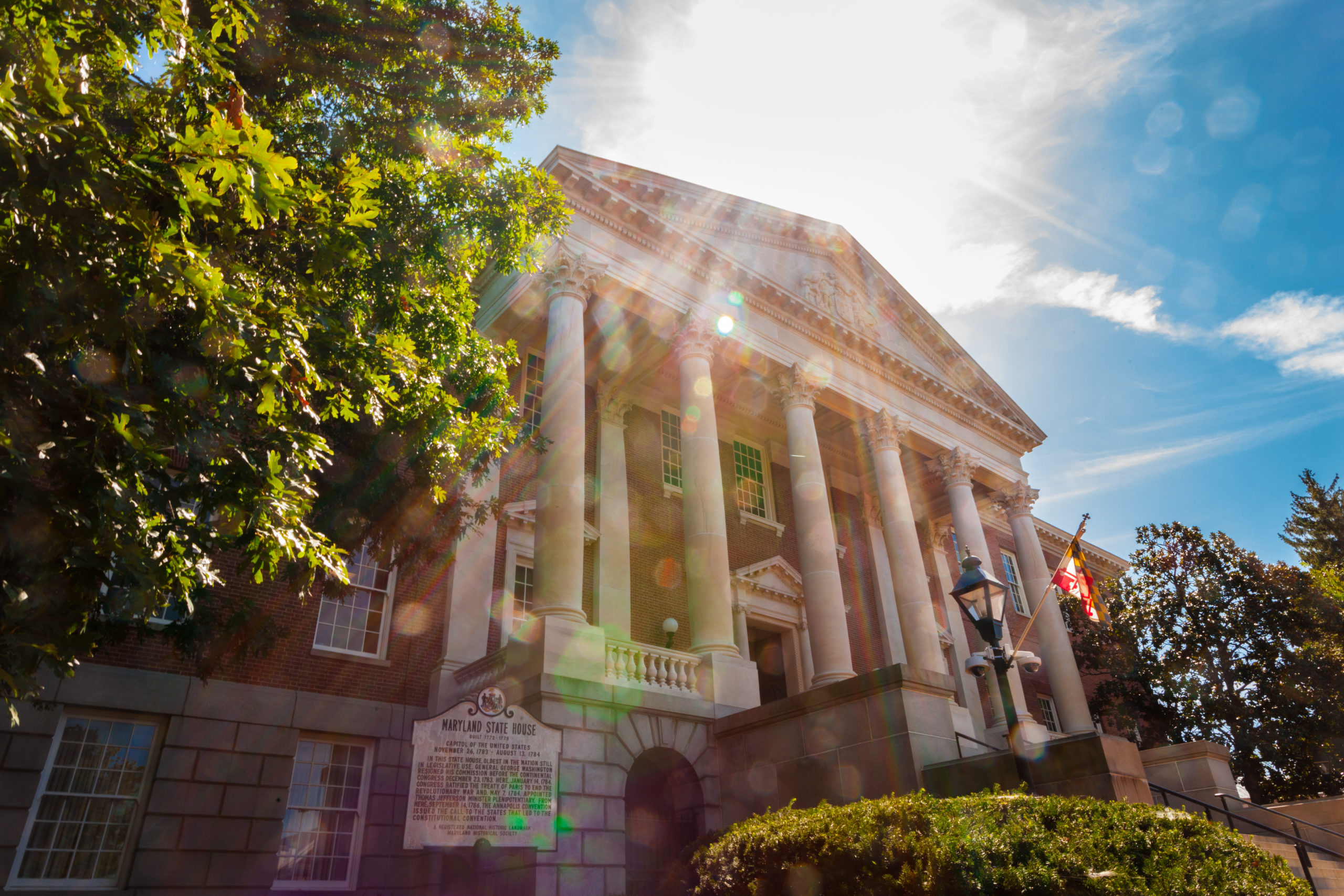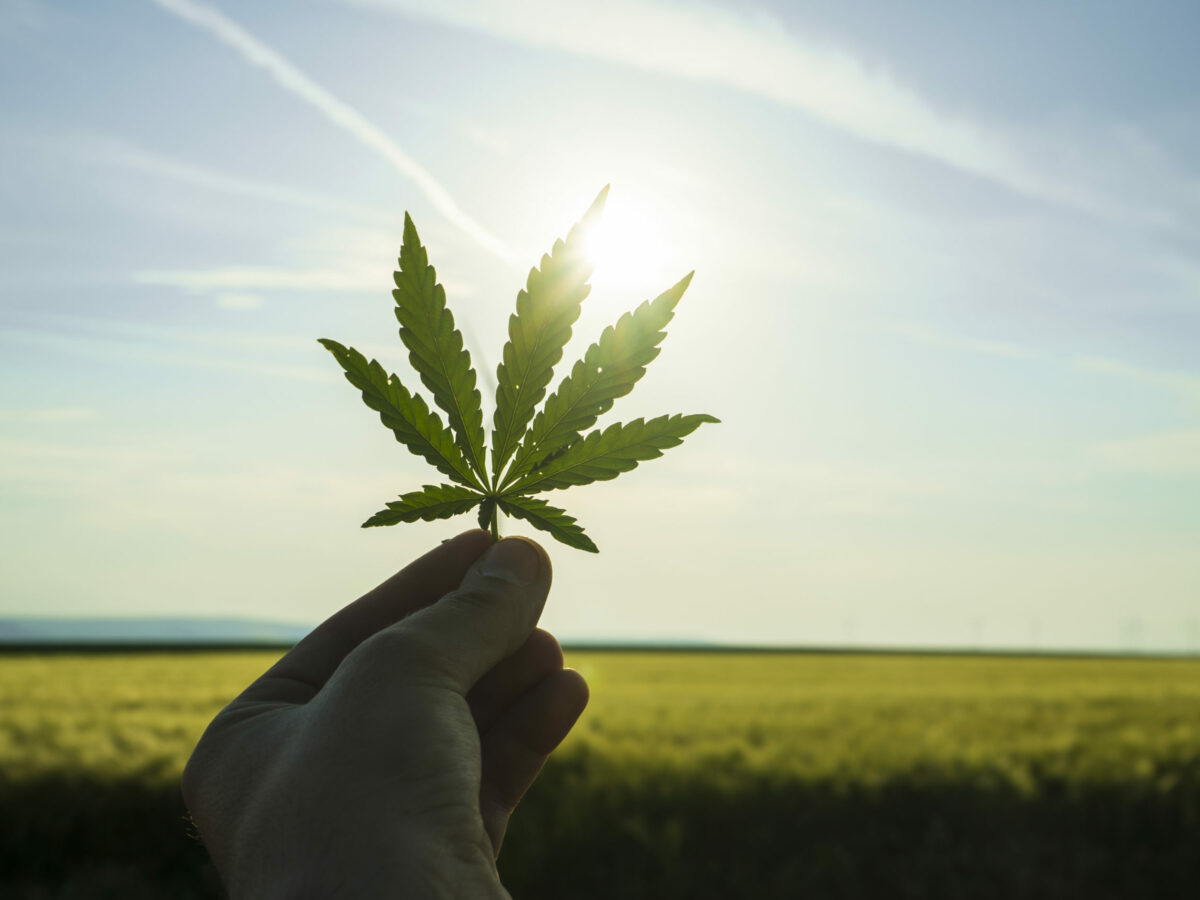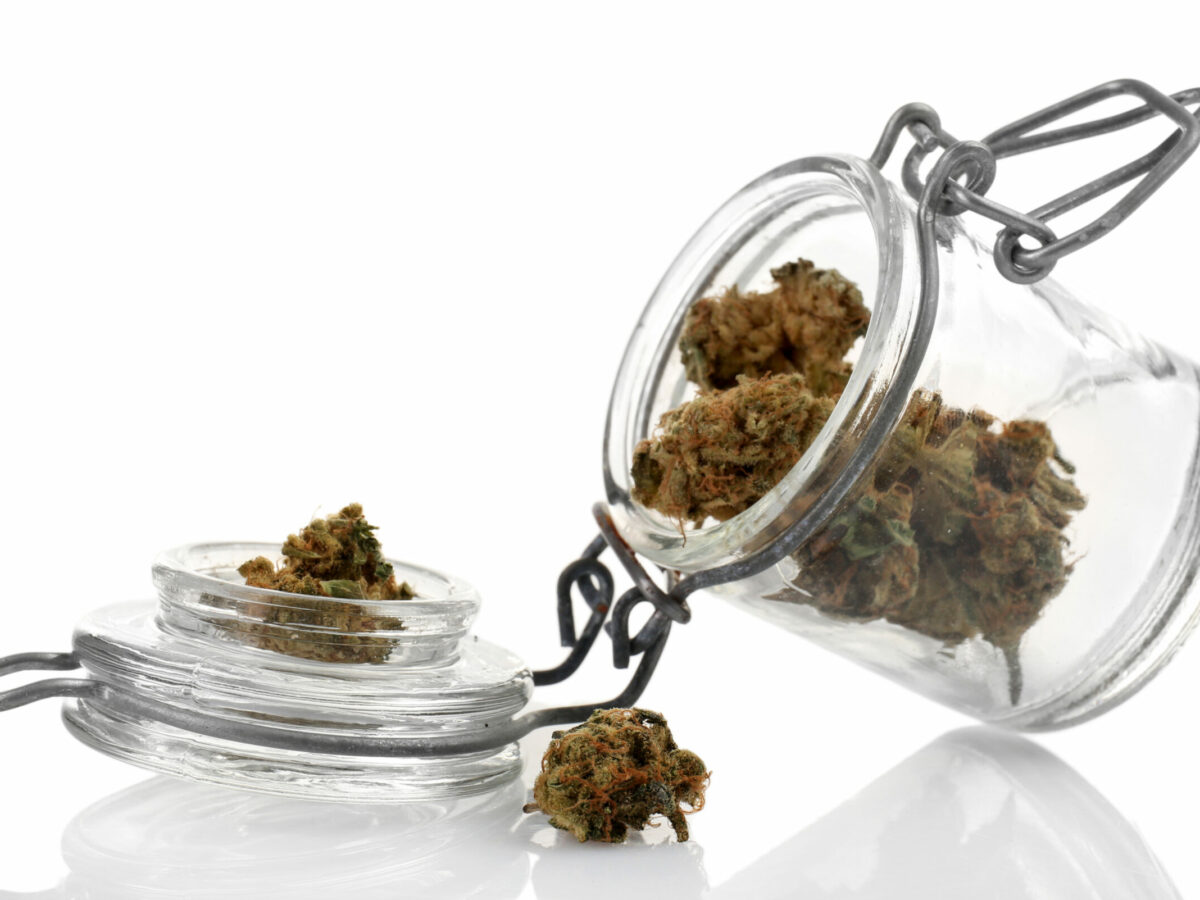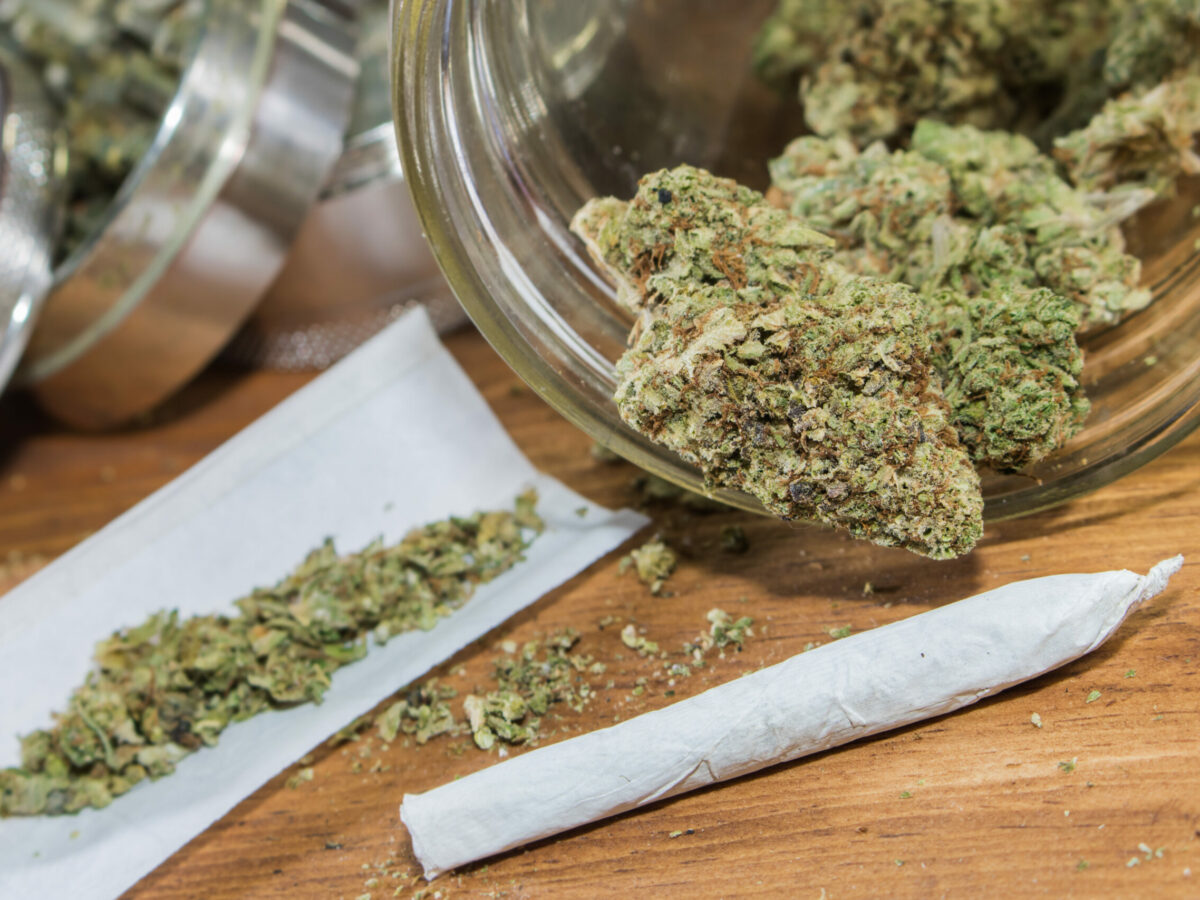Maryland’s House of Delegates on Wednesday advanced a pair of landmark bills that would pave the way for adult-use cannabis legalization.
The first bill, HB 1, would put the question of legalization up to voters on the November ballot. The other, HB 837, provides a framework to legalize possession of up to 1.5 ounces, growing of up to two plants for personal use and automatic expungement of a range of prior cannabis convictions, among other changes. Notably, recreational legalization would not begin until July 1, 2023, though possession would become decriminalized — or subject to only a fine — starting Jan. 1 of next year.
Both bills now await a third reader, or full House vote, which is expected this week. The votes come as other competing bills in the Senate, which would allow higher limits for possession and home cultivation and alternative reparative steps for communities harmed by the war on drugs, have yet to be debated or voted upon.
Del. Luke Clippinger (D-Baltimore), who has led the legalization push in the House during the 2022 session and chaired a series of legalization working group meetings during the fall, sponsored the House bills proceeding to a full vote. “We’re one step closer to delivering on the promise to end the war on cannabis in Maryland,” Clippinger tweeted after the second-reader vote.
Clippinger’s framework bill would create a Cannabis Business Assistance Fund to provide financial assistance to minority and women cannabis entrepreneurs looking to join the industry. The legislation would also require studies of cannabis-related patterns of use, impaired driving, prenatal health, hospitalizations and calls to poison control, and of the barriers for Black and brown entrepreneurs to enter the industry.
The bill does not include a framework for business licensing, which Clippinger said he would prefer the legislature to address during the 2023 legislative session, going with a “step-by-step process.”
Del. Gabriel Acevero (D-Montgomery County) has introduced a competing legalization bill in the House, set for its first committee hearing on March 8. Acevero’s bill differs considerably in that it would allow for someone to grow up to 24 plants for personal use.
Two state senators, Jill Carter (D-Baltimore) and Brian Feldman (D-Montgomery County), have introduced their own measures that would allow for higher possession and home-cultivation limits and alternative reparative frameworks to confront the racially disparate consequences of cannabis criminalization. The Senate Finance Committee and Budget and Taxation committees will hold hearings for Feldman’s and Carter’s bills on March 3.
The House Judiciary Committee heard testimony on both of Clippinger’s bills for nearly four hours on Feb. 14, and voted last Friday to advance them to the House floor. The committee adopted key amendments concerning home cultivation, automatic expungement and more after hearing a litany of concerns from advocates, civil rights groups and others.
Clippinger’s framework bill did not previously authorize home cultivation, but an amendment adopted recently would allow adults to grow up to two plants for personal use, possess up to 20 grams of concentrates, gift cannabis to others and possess paraphernalia without risk of legal penalty. It also would lower the penalty for public consumption to up to $50 on first offense and up to $150 for subsequent offenses, and reduce the timeline for when convictions can be automatically expunged from four to three years.
The House on Wednesday rejected numerous bill amendments, largely from Republicans worried about potential repercussions of legalization in their districts. Del. Jason Buckel (R-Allegany County), proposed changing the referendum measure to allow for counties to “opt out” on election day, rather than having the measure take effect statewide. Buckle said he wanted “localities to be given some grace” in the legalization decision. He also sought, unsuccessfully, to continue criminalizing public use of cannabis.
Another amendment, from Del. Mike Griffith (R-Cecil and Harford counties), called for allowing police to continue using the “odor of cannabis or the odor of burnt cannabis” as probable cause to search a vehicle. Del. C.T. Wilson, (D-Charles County), adamantly pushed back against that amendment: “The goal here cannot be to punish people for doing something legal because the cops don’t like the way it smells.”
After likely approval from the House, both of Clippinger’s bills would then move to the Senate for debate and a vote. Assuming HB 1 is approved by the General Assembly this spring, observers expect the ballot measure alone will be overwhelmingly approved by Maryland voters, three-fifths of whom back adult-use legalization, per the latest poll from Goucher College.
Eighteen states and the District of Columbia have already legalized cannabis for adult use, and Maryland lawmakers have previously voiced concerns the state is losing out to other cannabis-legal states in the region, including Virginia, New York and New Jersey. Most states that have legalized allow home cultivation and have also created industry frameworks for a regulated recreational market.



